Tissue is the gold standard sample for biomarker analysis to provide prognostic and predictive information and to inform treatment decisions.
In this downloadable infographic, Dr Alexander Wyatt (GU cancer genomics expert) and Prof. Frédéric Bibeau (pathologist) highlight best practices to ensure sufficient quality and quantity of tissue samples for biomarker testing.
Download the pdf version for the full reference list.
Clinical takeaways
- Tissue is the gold standard sample for biomarker analysis to provide prognostic and predictive information and to inform treatment decisions
- Following pre-analytical best practices approaches ensures sufficient quality and quantity of sample for biomarker testing/molecular profiling
- Tissue conservation is critical – collect as much high-quality tissue as possible and carefully select biomarkers/assays to avoid tissue exhaustion
- Multidisciplinary communication is key for optimal sample acquisition and processing
This downloadable infographic is the second in a series. View the first one here: Overcoming pre-analytical phase challenges in gastric, prostate and lung cancer.


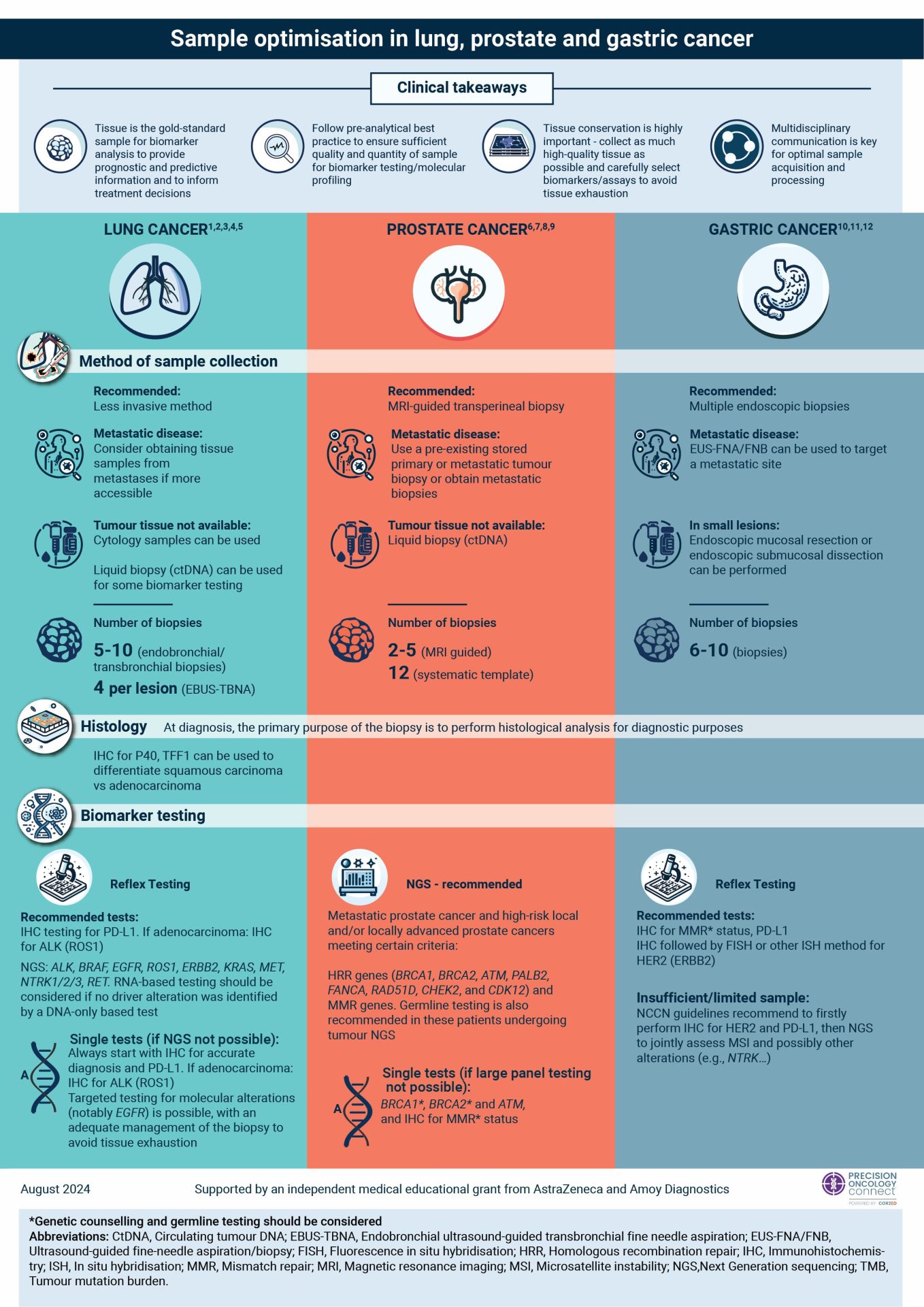
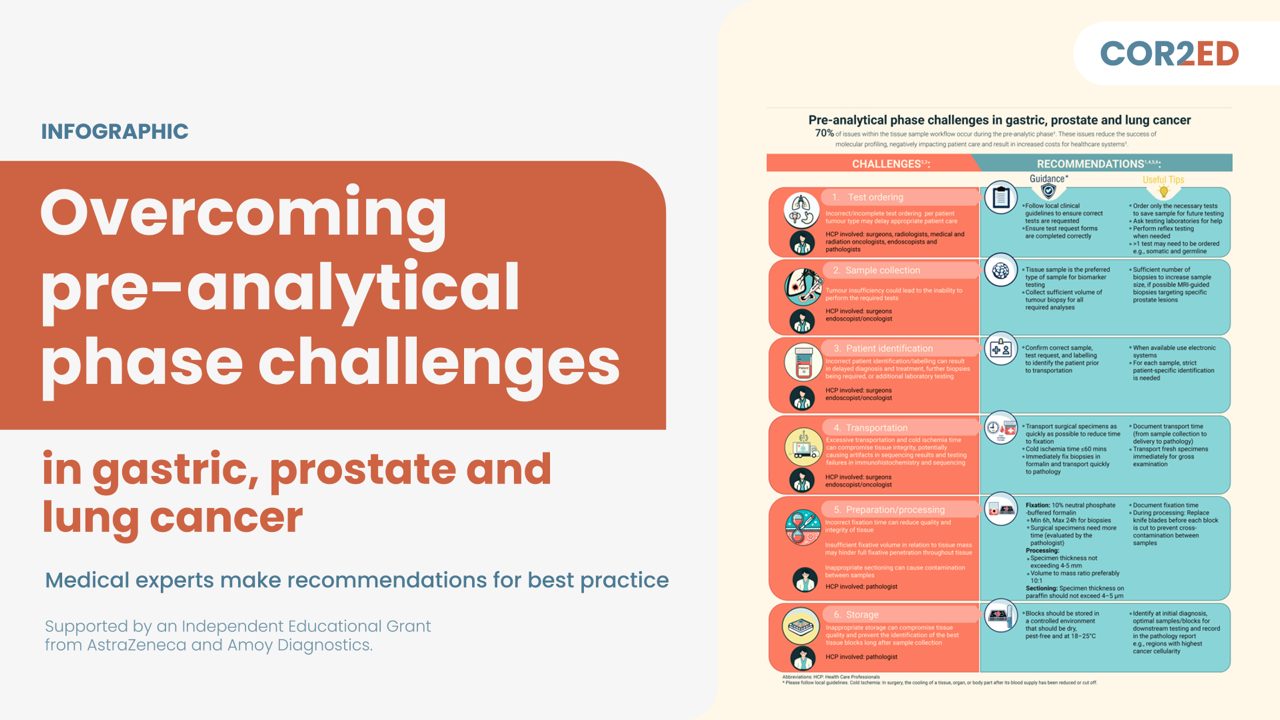
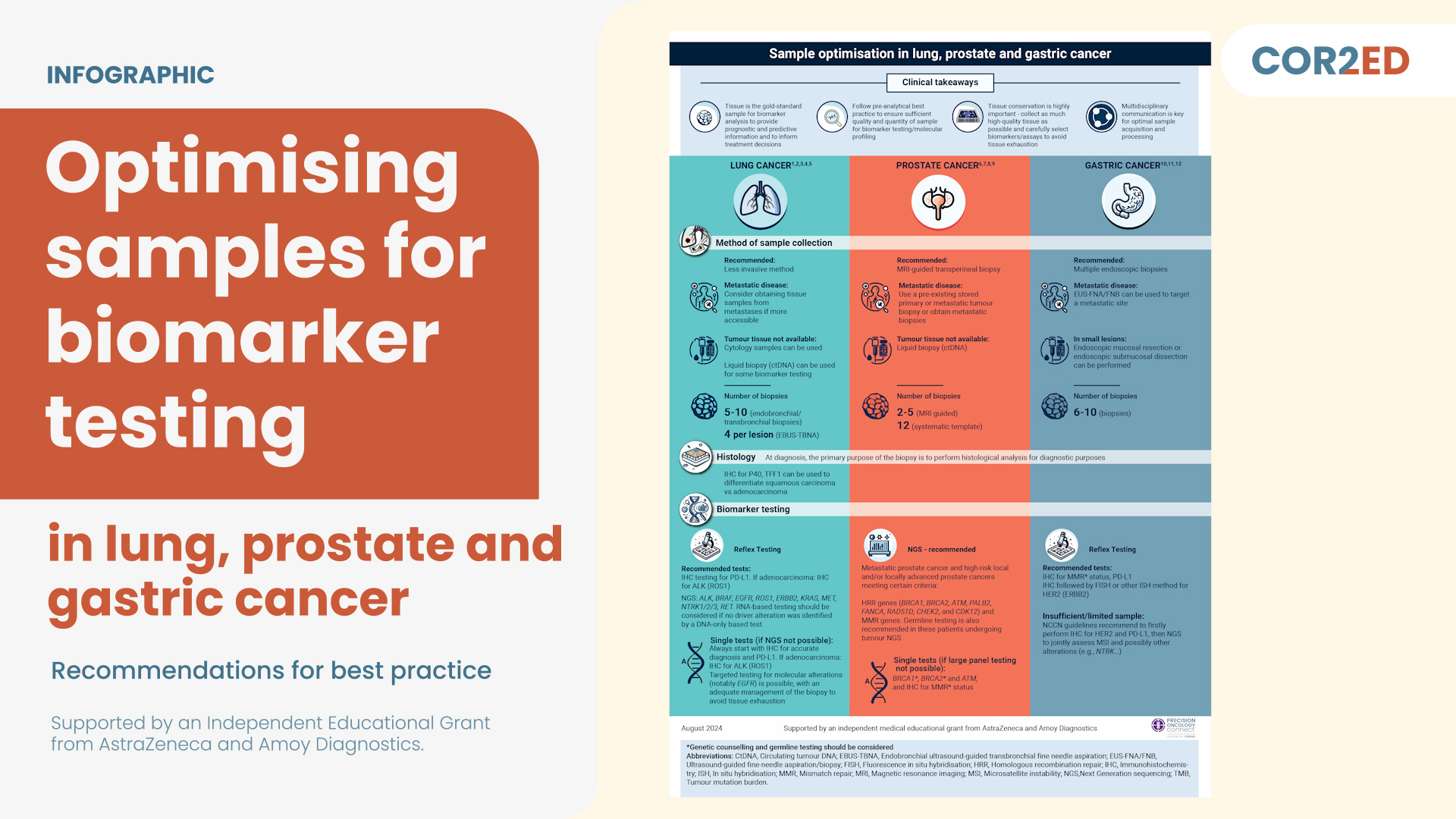


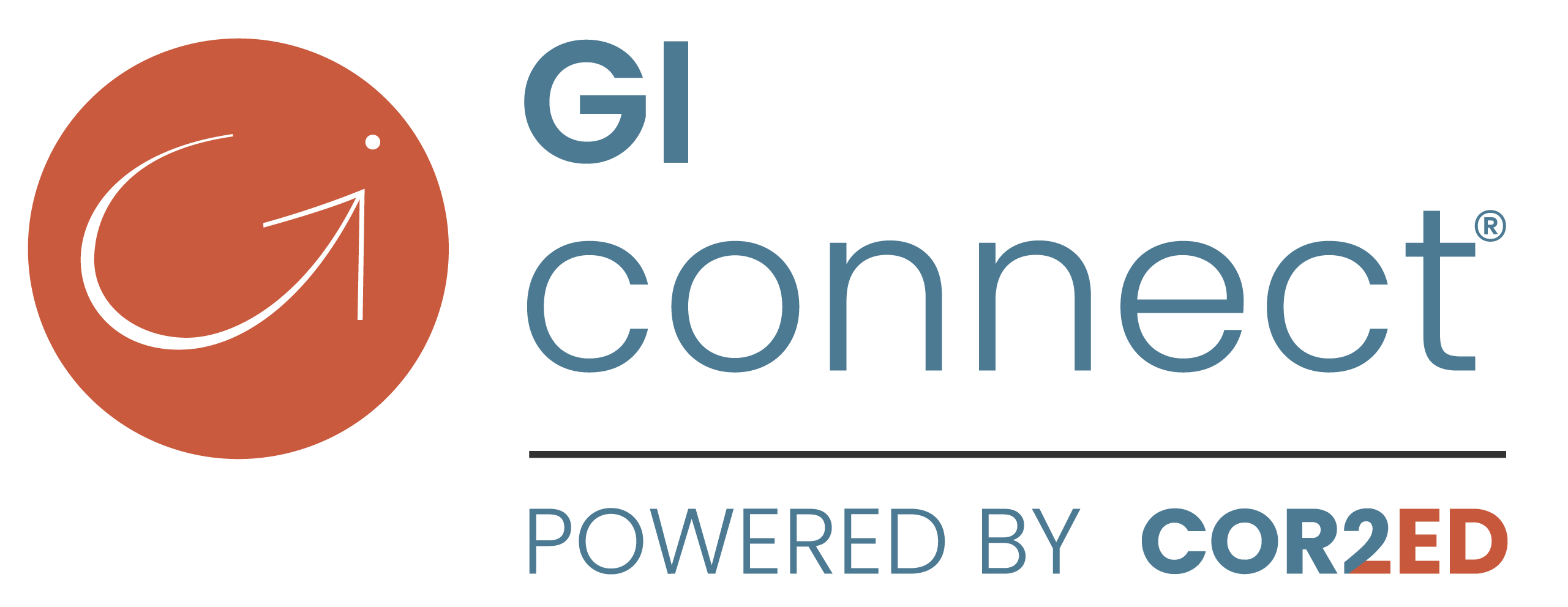
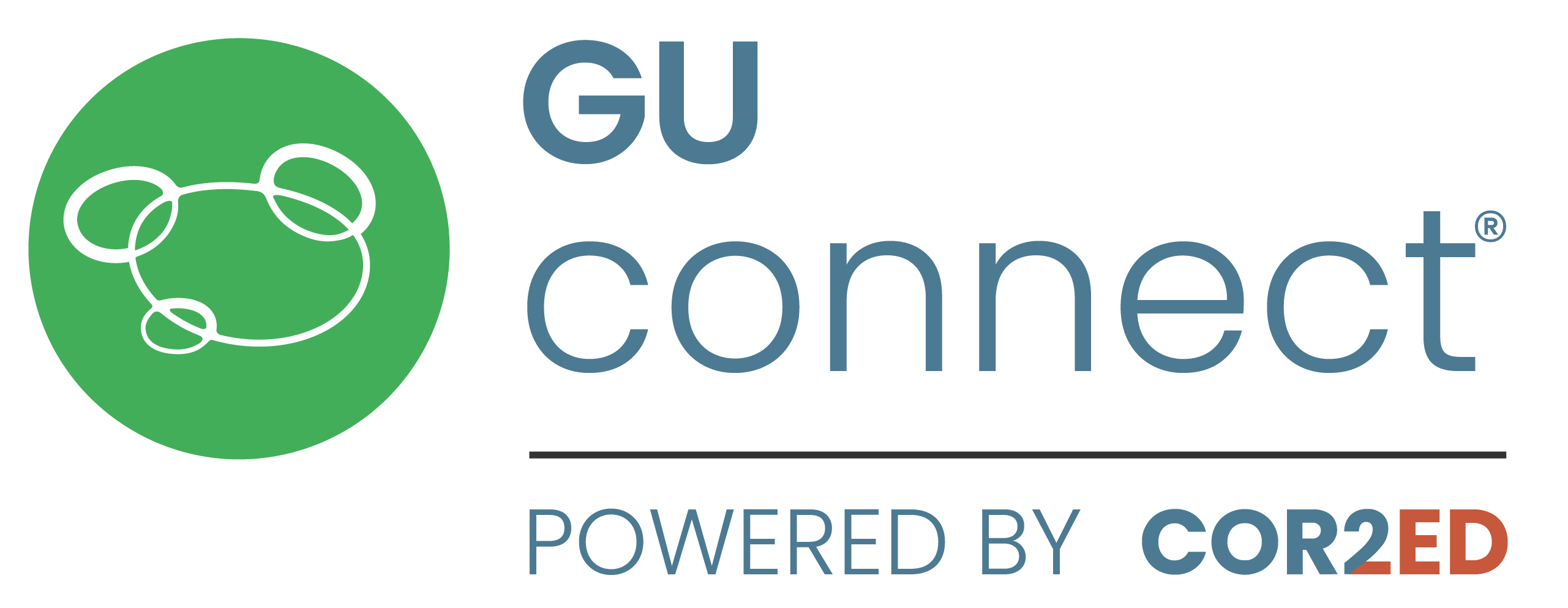



 Downloadable
Downloadable  5 MIN
5 MIN
 Jun 2025
Jun 2025 






